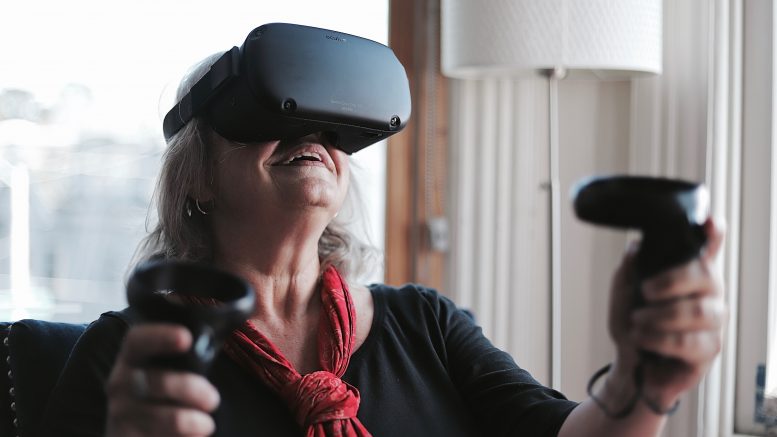Karuna Labs, creator of personalized functional restoration and chronic pain management programs using Virtual Reality (VR) technology to retrain the brain, today announces $3 million in seed funding, led by Baseline Ventures, with investments from Anorak Ventures, the AET Fund, the Hustle Fund, Correlation Ventures, and Dreamit Ventures.
“Karuna Labs is using immersive virtual reality technology to tackle the critical and debilitating health issue of chronic pain, without the need for opioid pain relief or the need for costly invasive surgeries,” said Steve Anderson, Founder of Baseline Ventures. “We’re proud of this innovative team comprised of medical and technology professionals who’ve come together to expand the reach and impact on the neurorehabilitation industry.”
In addition to supporting Karuna Labs’ clinical validation, the funding will be used to further develop the technology and the team. The company has recently added industry experts from the medical and gaming industries to its team, including Dr. James Petros, Chief Medical Officer, and Andy Riedel, Chief Technology Officer.
Dr. Petros specializes in interventional pain management and musculoskeletal care and is triple board-certified in Physical Medicine & Rehabilitation (Physiatry), Pain Medicine, and Regenerative Medicine, and brings his expertise in comprehensive pain and injury management to Karuna Labs. He is also the founder and CEO of Allied Pain & Spine Institute.
Riedel is a 30-year gaming industry veteran and has spent his career creating immersive experiences, games, and communities, as well as highly scalable server infrastructure for both mobile and web at companies including PlayStudios, Kabam, and Zynga.
“These important milestones continue to solidify our leading role in changing how chronic pain is treated and patients’ ability to regain their quality of life,” said Lincoln Nguyen, CEO of Karuna Labs. “We’re establishing a new first line of defense against chronic pain and remain focused on the lives we’re able to change through our technology while reducing the need for invasive procedures and opioid dependence.”

